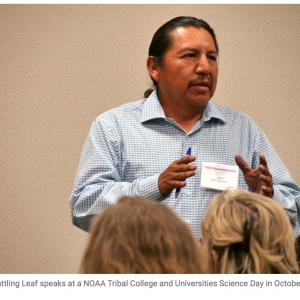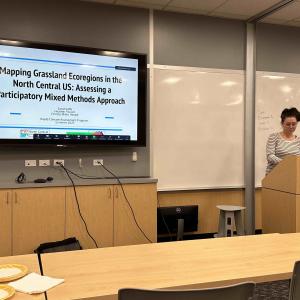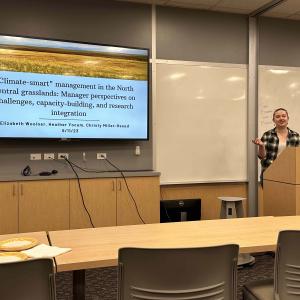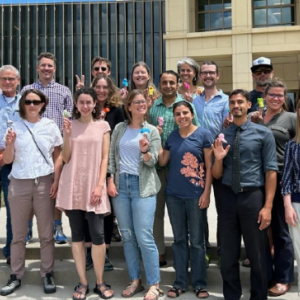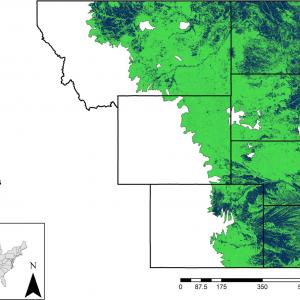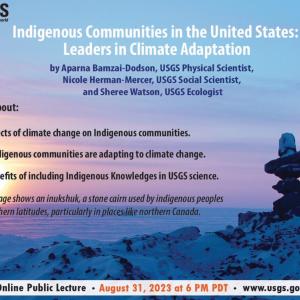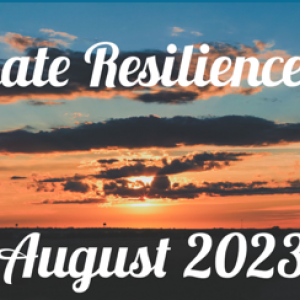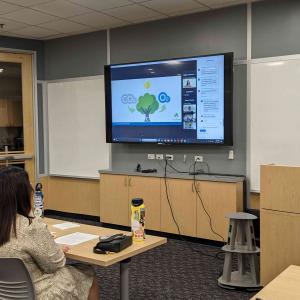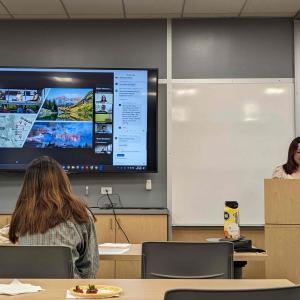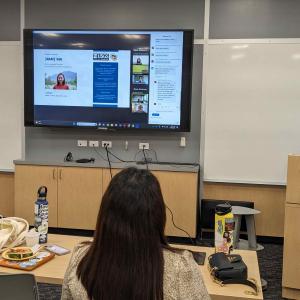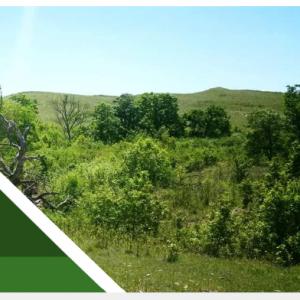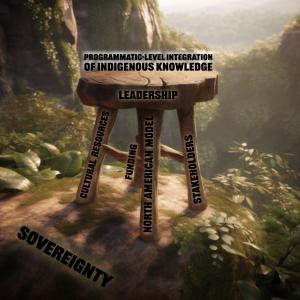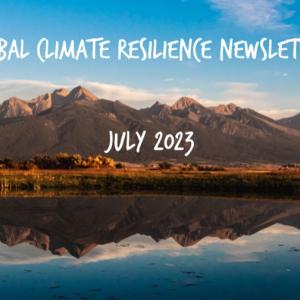News
Partnerships, Not Parachutes
“As Indigenous people we don’t say we don’t like science; we do use it [too], but we also understand that we also bring our knowledge too,” Rattling Leaf says. Check out this new article about the importance of Indigenous knowledge and citizen science for enhancing climate knowledge.
Ecological Scenarios Working Group convenes for NC CASC Workshop
On July 18-19, 2023, a group of multidisciplinary scientists from Utah, Montana, Hawaii, Colorado, and Alaska joined the NC CASC in Boulder, Colorado for the Ecological Scenarios Workshop, co-led by NC CASC’s Kyra Clark-Wolf, Imtiaz Rangwala, Wynne Moss, and Brian Miller.
New Publication is a Collaborative Effort
A new publication in the open-access journal, Conservation Science and Practice, is a collaborative effort by authors spanning the university (NC CASC), consortium partner (Wildlife Conservation Society), and federal (USGS) sectors, as well as other partners recruited to serve on the Grasslands Synthesis Project Management Priorities Working Group.
Indigenous Communities in the United States: Leaders in Climate Adaptation
On August 31, 2023 at 6 PM PDT, come hear about Indigenous Communities in the US as leaders in climate adaptation. The speakers include: Aparna Bamzai-Dodson, USGS North Central Climate Adaptation Science Center Nicole Herman-Mercer, USGS Southwest Climate Adaptation Science Center Sheree Watson, USGS Northern Rocky Mountain Science Center and USGS WY-MT Water Science Center
Climate Adaptation Scientists of Tomorrow
Last week, the three students in the NC CASC's Climate Adaptation Scientists of Tomorrow (CAST) program gave their final presentations. Eleven students from across the 4 CAST programs gave 3-minute thesis style presentations. They were judged by a panel of 4 judges on how clearly they communicated both their topic and the larger impact of their research, the quality of their single slide, and their presentation style. Steele Stevens (who worked with Tyler McIntosh in Earth Lab) won 2nd place and Kandice Agudo (who worked for part of the summer on a state vulnerability study with Heather) won 3rd. Congratulations to our students!
Indigenous Knowledge in Tribal wildlife management
NC CASC/USGS climate adaptation scientist, Anthony Ciocco, and NC CASC Tribal resilience liaison, Stefan Tangen, are co-authors on a new publication in the Wildlife Society Bulletin that explores the basic preconditions for actualizing Indigenous Knowledge (IK) in Tribal wildlife management.



